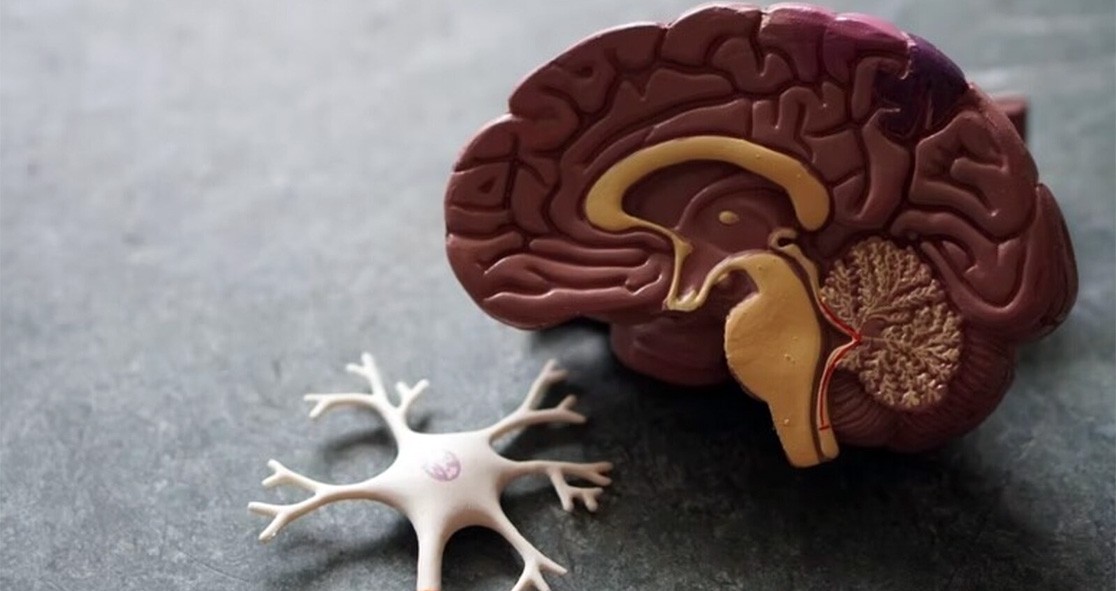It is believed that Alzheimer’s disease is a result of the accumulation of plaques in the brain.
Now researchers at the University of California, Riverside, have discovered a potential cause of the condition, stating that the cells’ slowing ability to clean themselves could be the reason why there is an unhealthy buildup of plaques in the brain, according to Science Daily.
Generally, clinicians diagnose Alzheimer’s if they find a combination of two things in the brain – amyloid plaques and neurofibrillary tangles. The plaques are an accumulation of amyloid peptides, while the tangles are mostly made of tau, a protein.
Ryan Julian, Professor of Chemistry, UCR, said, “Roughly 20% of people have the plaques, but no signs of dementia. This makes it seem as though the plaques themselves are not the cause.” Julian and his team investigated understudied aspects of tau protein.
Julian’s lab also focuses on the different forms that a single molecule can take, known as isomers.
He explained, “An isomer is the same molecule with a different three-dimensional orientation than the original. A common example would be hands. Hands are isomers of each other, mirror images but not exact copies. Isomers can actually have a handedness.”
The amino acids that make up proteins can either be right-handed or left-handed isomers, according to Science Daily. Normally, Julian said, proteins in living things are made from all left-handed amino acids.
The researchers, who published their findings in the Journal of Proteome Research, scanned all the proteins in donated brain samples. They found that those with brain buildup but no dementia had normal tau. They also found a different-handed form of tau in those who developed plaques or tangles as well as dementia.
“If you try to put a right-handed glove on your left hand, it doesn’t work too well,” Julian said. “It’s a similar problem in biology; molecules don’t work the way they’re supposed to after a while because a left-handed glove can actually convert into a right-handed glove that doesn’t fit.”
In general, the authors explained that the process of clearing spent or defective proteins from cells, called autophagy, slows down in people aged 65 and above.
Autophagy can be caused by fasting. When your cells run short on proteins due to your diet, they fill the void by recycling proteins already present in cells.
Julian explained, “If a slowdown in autophagy is the underlying cause, things that increase it should have the beneficial, opposite effect.”























